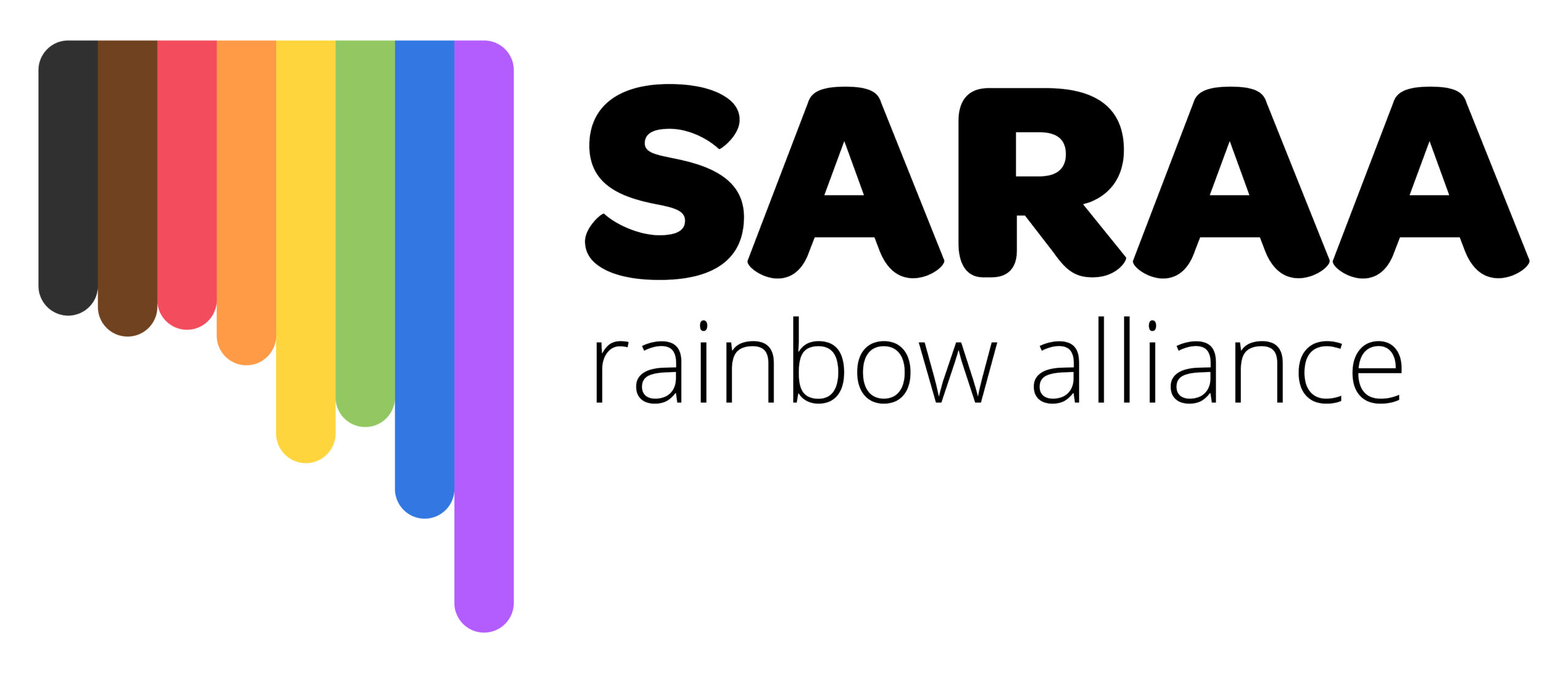
LGBTIQA+ people, especially trans and gender diverse people, are often not counted in government statistics and our identities aren’t respected when we access government services.
Even our latest 2021 Census failed to properly collect crucial data about LGBTIQA+ communities.
This not only invalidates us and perpetuates feelings of invisibility for LGBTIQA+ people, but means we’re left behind when policies, laws and services are planned.
When data collection excludes us, we lack the evidence base to demonstrate the need for healthcare, housing, aged care and other essential services for our LGBTIQA+ communities.
To start addressing this issue, Department of Human Services, Government of South Australia, have developed a guide on Data collection and working with the LGBTIQA+ community.
In line with guidance from the Australian Bureau of Statistics, it recommends providing the following options when asking for a persons gender identity:
- man or male
- woman or female
- non-binary
- I use a different term (please specify)
- Prefer not to answer.
As LGBTIQA+ people, we often come across forms and systems that don’t include us when asking for information about our gender. You can use this guide to advocate for organisations to collect data on gender in an inclusive way.
The guide also explains:
- why measuring gender is important
- the difference between sex and gender
- what the terms binary, non-binary and Intersex mean
- gender diversity within culture
- complexities experienced by LGBTIQA+ people, for example intersectionality and concerns around disclosure
- how people can be a better ally, for example by normalising sharing of your pronouns.
Thanks Department of Human Services and Hon Michelle Lensink MLC for your leadership in this space.
We look forward to the guide being implemented across Government to ensure LGBTIQA+ people, particularly trans and gender diverse people, are properly considered in government strategies, policies, programs and services.
